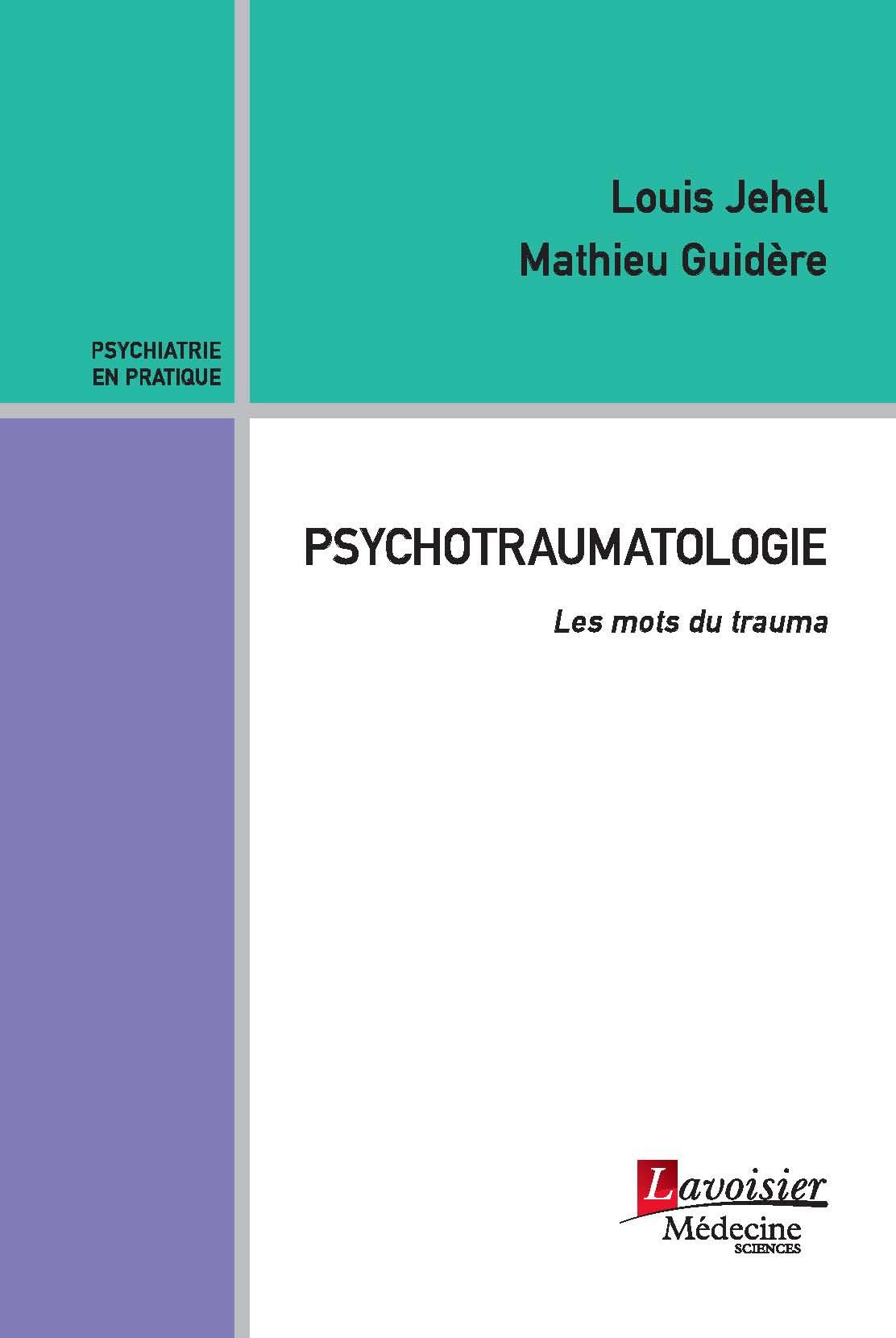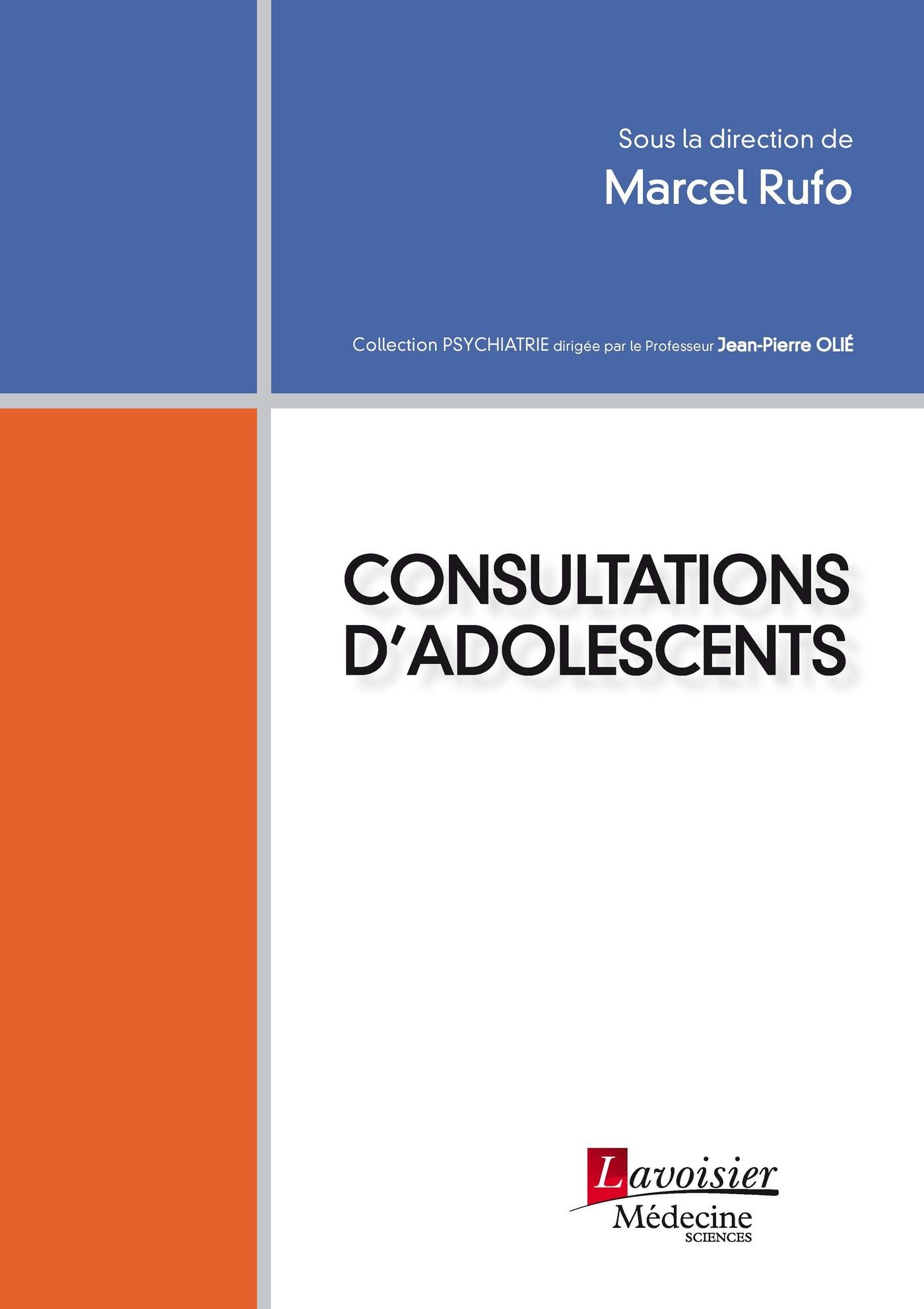(for any order > 35€)
Hikikomori, withdrawers, social invisibles, home recluses...: what are the answers to the social isolation of young people?
The social withdrawal that affects some teenagers (tens of thousands in France) is an ancient phenomenon, but one that is constantly evolving throughout the world. Home confinement is little-known by professionals, and represents a burden for families and a low-level suffering for the young person. At the crossroads of the psychological, social and behavioral, this phenomenon raises questions about youth, the role of the family and society, and also about clinical practice.
Young people at odds with the family rhythm (progressive confinement, immoderate use of screens, rarefaction of real social relations, aberrations in sleeping and eating habits) soon experience an involuntary self-sabotage that can go as far as psychopathology.
Parents, often guilt-ridden, rarely ask for help. Yet knowledge and testimonies are multiplying, and prospects are opening up for parental guidance, multi-family therapy and the intervention of so-called expert families.
This book is aimed at clinicians, family and friends, and medical, social, school and university staff. It is also aimed at young recluses. It provides keys for spotting warning signs and the various stages of confinement, understanding claustrophobic behavior and its mechanisms, and grasping the context. The author addresses the suffering of all, and opens the way to holistic approaches to care.
Marie-Jeanne Guedj Bourdiau est psychiatre et pédopsychiatre, ancienne cheffe du pôle urgences psychiatriques de l’hôpital Sainte Anne / GHU Neurosciences Paris. Titulaire du DU d’anthropologie, elle exerce en consultation hospitalière et privée. Elle s’intéresse au phénomène de la réclusion sociale depuis les années 1990. Elle est la présidente de l’association AFHIKI (Association francophone pour l’étude et la recherche sur les hikikomori) qui a pour objectif de fédérer les professionnels des secteurs sanitaires, sociaux et éducatifs participant à l’accompagnement des personnes souffrant de situations hikikomori, ainsi que les familles et les jeunes concernés.
Elle est une référence pour la prise en charge des jeunes en retrait social.
Elle a été organisatrice de trois colloques sur le sujet de hikikomori/retrait social : hôpital Sainte-Anne, juin 2009 ; GHU Paris Neurosciences, novembre 2019 ; Institut mutualiste Montsouris, novembre 2023.
- Hikikomori
Carnet Psy n°279 - Mai 2025 - Vassilis Kapsambelis
- Analyse du livre Hikikomori par Thiérry Tremine
L'Information psychiatrique n°1, janvier 2025
- Hikikomori. Réparer l’isolement
L'Information psychiatrique n°9, novembre 2024
- C'est quoi le syndrome d’hikikomori, qui touche 1,4 million de jeunes en France ?
de V. Josselin, femina.fr, 3 novembre 2024









